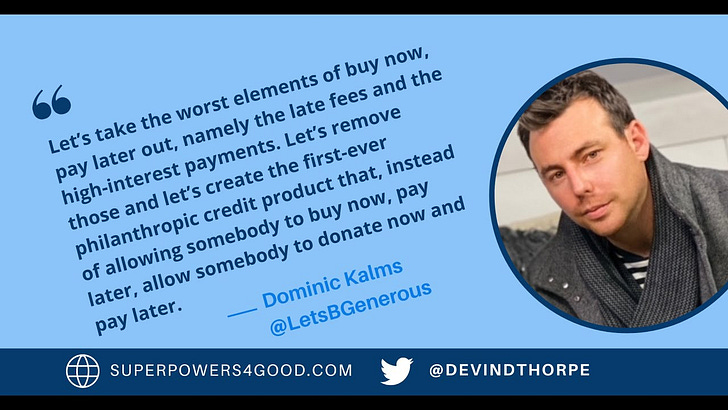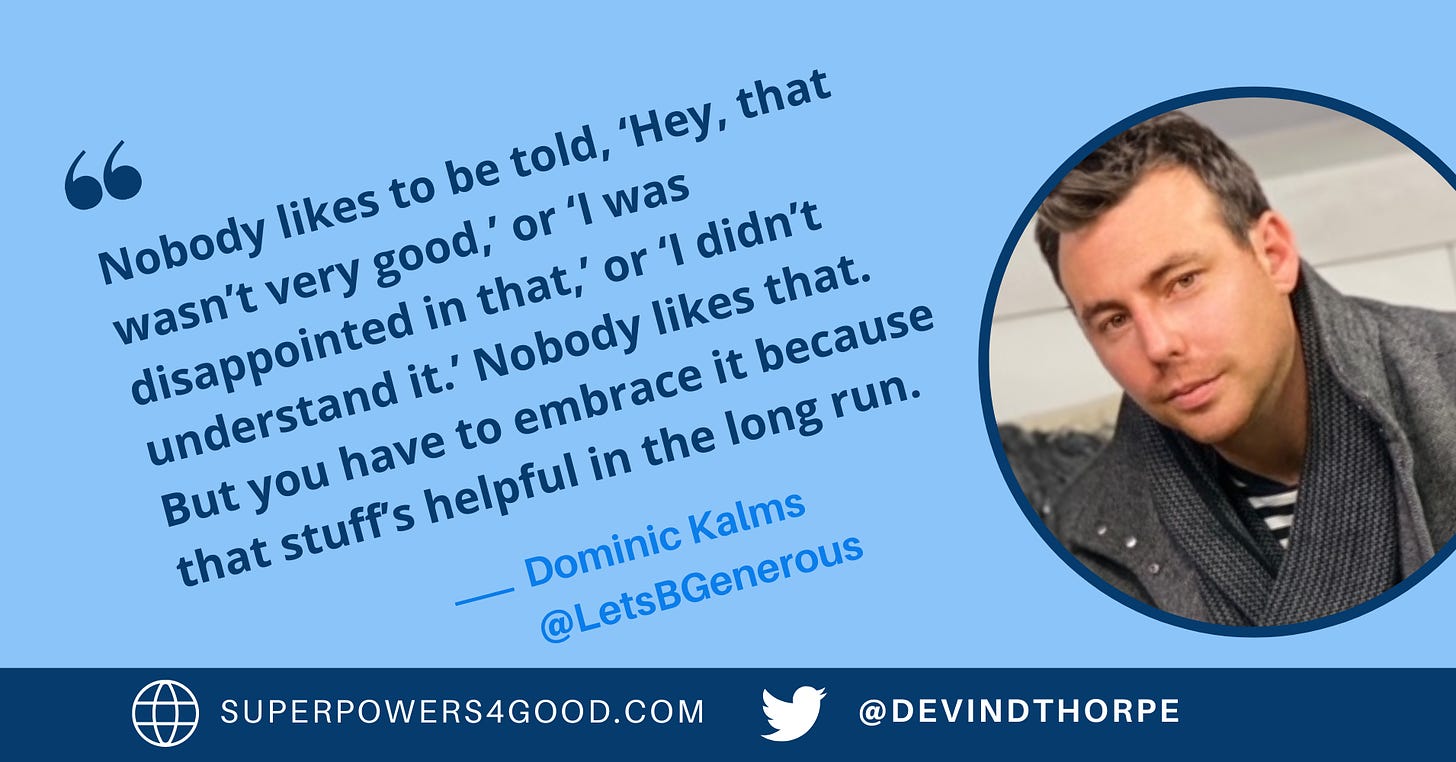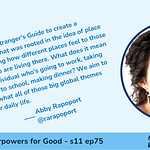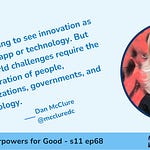Devin: What do you see as your superpower?
Dominic: I’ve been told this. I didn’t recognize it myself necessarily, but I think it’s kind of a very specific trait: the ability to take what is a somewhat complex subject and break it down into its core elements and be able to explain it in an intelligible way to a large group of people.
Social entrepreneur Dominic Kalms, CEO and founder of B Generous, is bringing donate now, pay later technology to philanthropy. This is a big deal.
Two-thirds of people want to give more to charity, according to Fidelity Charitable’s Overcoming Barriers to Charitable Giving report. A whopping 72 percent of people said they would give more if they had the resources. This compelling data suggests a huge opportunity for nonprofits to utilize a donate now, pay later model.
B Generous’s own data suggests that 82 percent would give more—often double—if they had access to a donate now, pay later feature.
The buy now, pay later industry has exploded among young people, most of whom (coincidentally about two-thirds) don’t have or use credit cards. Already, 20 percent of e-commerce transactions use a buy now, pay later model. Over $100 billion of buy now, pay later loans are outstanding.
Dominic says B Generous came from asking this powerful question: “I looked at the buy now, pay later model, and I thought to myself, why couldn’t we apply that type of infrastructure to the largest underserved sector of finance in the world today, which is the US philanthropic market?”
“Let’s take the worst elements of buy now, pay later out, namely the late fees and the high-interest payments,” he says. “Let’s remove those and let’s create the first-ever philanthropic credit product that, instead of allowing somebody to buy now, pay later, allow somebody to donate now and pay later, essentially using this financial technology infrastructure, as you said, to do something good in the world.”
The B Generous tool gives the donor the option to pay over three, six or nine months for free! No interest, fees or penalties. The nonprofit receives its cash immediately (one to three days).
The financial model is simple. B Generous takes a “success fee” out of the proceeds from the donation to cover its costs, including interest and the risk of default.
“We don’t have a hard collections process,” Dominic says. If a donor fails to pay, they receive an email reminder. Next, B Generous will ask the donor to choose from various flexible options, including making a discounted pay-off of the loan. If nothing triggers a payment, B Generous writes off the loan.
In his work, Dominic sees the ability to distill complexity and communicate it succinctly and effectively to a large audience as a superpower that has empowered his success.
How to Develop Distilling Complexity to Communicate Effectively As a Superpower
Perhaps the best evidence for Dominic’s superpower is having raised nearly $10 million of venture capital to fund B Generous.
He also pointed to his experience at GVNG, the last company he founded. Dominic built that enterprise around fiscal sponsorships wherein nonprofits lend their 501(c)(3) status to a project. “If you’re not in the nonprofit world, you wouldn’t know about it,” Dominic says.
The obscurity and complexity created a problem when pitching investors. To successfully raise venture capital and grow sales, he had to master a simple explanation of the complex. “I had to distill it down to its core elements and explain it,” he says.
“Eventually, I got to a place where I was able to explain it in a succinct way, and it sunk in,” Dominic says. “I saw people reacting be like, ‘Oh wow, I totally get it. That makes a ton of sense.’”
Dominic offers three tips and an acknowledgment to help you conquer complexity.
Learn. “First and foremost, learn every single thing you can about your subject matter. I mean, read as many books as you need to, read as many articles, watch as many documentaries, and talk to as many people in the field,” he says. “You need to know everything you can. Don’t ever be stumped by a question.”
Practice. “Next, practice. Practice makes perfect. Repetition is key. So say it in your sleep. Say it in the shower. Say it to your mom. Say it to your dad. Say it to your girlfriend, your boyfriend. Whatever. Say to your dog,” Dominic says. “But just repeat, repeat, repeat, repeat, repeat is the second thing I would say.”
Embrace constructive criticism. “Nobody likes to be told, ‘Hey, that wasn’t very good,’ or ‘I was disappointed in that,’ or ‘I didn’t understand it.’ Nobody likes that,” he says. “But you have to embrace it because that stuff’s helpful in the long run. If five people tell you, ‘Hey, your pitch didn’t make sense,’ don’t be defensive. It means that it doesn’t make sense, and you need to get better at it.”
He also acknowledges that communicating with audiences requires a natural ability or at least a lack of fear, which many people have. “For me, if I get on stage and talk to 1000 people versus I talk to one person, it makes no difference to me whatsoever,” Dominic says.
If you follow his example and advice, you can make distilling complexity to communicate effectively a superpower that enables you to do more good.
























Entrepreneur Launches B Generous With Donate Now Pay Later Tech